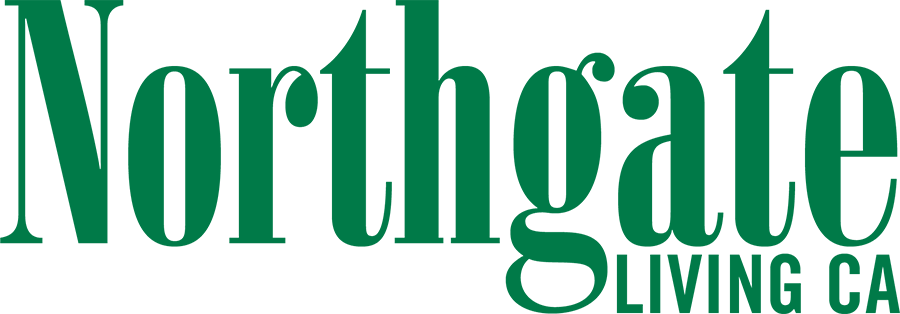Countless joys come with retirement. The freedom to use your time as you choose opens up infinite possibilities. Variables in regular income can place a few bumps in the road, but a reverse mortgage is one option that can help you gain financial security as you transition into retirement.
Reverse Mortgage 101:
A reverse mortgage allows homeowners ages 62 and up to withdraw equity from their home and turn it into “cash”. The great thing about a reverse mortgage is the proceeds are generally tax-free; consumers should consult a tax advisor. The lender will collect the cost of the loan at the point in which you no longer inhabit the house. Depending on the situation, you or your heir can sell the house to pay off the loan amount, the deed can be transferred to the loan company, or a new mortgage can be taken out on the home. Borrowers and Heirs of borrowers are protected if the house sells for less than the cost of the loan because the Federal Housing Administration (FHA) doesn’t allow lenders to come after borrowers or their heirs for the difference, and this won’t hurt your credit score.
How to use a reverse mortgage?
A reverse mortgage is a flexible loan, and it can be broken down into a plan that works best for your lifestyle. Most people use a reverse mortgage for:
Living expenses
Medical costs
Home renovations
Helping kids with college
Debt consolidation
Purchasing a new home.
There are two main types of reverse mortgages:
- Fixed-rate reverse mortgages consist of a one-time lump sum payment.
- Adjustable-rates have different payment options to adapt to your current needs.
Who qualifies for a reverse mortgage?
Although getting a reverse mortgage could relieve you of your monthly mortgage payment, you must maintain your property as your primary residence, keep property taxes and homeowners insurance current as well as homeowners association dues/fees (if applicable), keep up household maintenance, and other related costs.
To be considered for a reverse mortgage, you need to:
Be 62 years of age or older.
Be free of delinquent federal debts
Obtain the mandatory consultation with a home equity conversion mortgages (HECM) counselor approved by the Department of Housing and Urban Development.
Home meets all FHA property standards and flood requirements.
Most loan officers typically issue reverse mortgages as home equity conversion mortgages (HECMs), which are insured by the Federal Housing Administration. HECMs come with rigorous financing guidelines and a loan limit. I work with HECM and Jumbo Proprietary loans and specialize in helping retirees acquire the knowledge and confidence to transition into financial stability. If you’re interested in learning more about HECM, reverse mortgages, or have any questions that need answering, please contact me today!
Annemarie Drosos / NMLS # 1197293 / NMLS #1025108 / 1801 N. California Blvd. Suite 106, Walnut Creek, CA 94596 / 530-736-2295 / Open Mortgage, LLC NMLS #2975 / Licensed by the Department of Business Oversight Under the California Residential Mortgage Lending Act, #4170030 / www.nmlsconsumeraccess.org / Equal Housing Opportunity
By Annemarie Drosos, Open Mortgage

